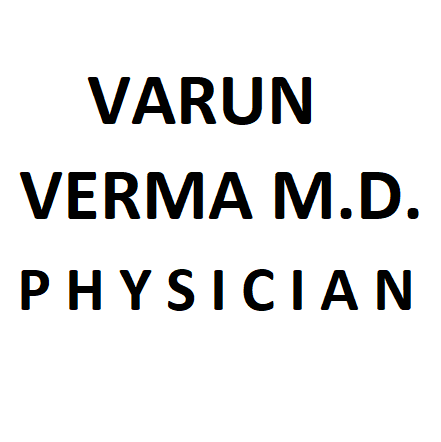There are many things that physicians don’t learn in residency that will impact their own career satisfaction and longevity. I remember my very first job as a hospitalist way back in 2012. I took a locums assignment in Maine – and I knew nothing about the area. I remember it being incredibly isolating because I would work my shift, go straight back to the hotel, and then repeat the next day. It was a very small town and there wasn’t really anything for a solo-outsider to do. I also distinctly recall being completely blindsided by the expectation that I would be the one responsible for billing. I always assumed my job as a physician was to take care of patients and the practices hired coders/billers to read over our notes and assign Evaluation and Management (E/M) codes and submit them to us for our approval. Wow was I in for a shock, when I had to go back and review dozens of charts after my first week of work.
Besides not knowing how exactly to code appropriately; there were also many other things that I had to learn as a new attending physician and I imagine many other graduating residents will find themselves in the same boat.
Here are a few examples:
- How to manage your time and stress. We all know that residency is a demanding time, and it can be difficult to learn how to balance your work and personal life. Surprisingly things can get worse when you’re an attending because now you have many other responsibilities. You may have a partner/spouse or children, as well as a busy clinical practice and many other things you weren’t responsible for as a trainee. It’s important to find healthy ways to manage stress, such as exercise, relaxation techniques, and spending time with loved ones. For my first three-hour years in practice I was terrible at completing my notes before I left the hospital. I would inevitably have pajama charting time at night and this inevitably led to feelings of burnout in the long run.
- How to advocate for yourself and your patients. As a physician, you will need to be able to advocate for yourself and your patients. This means being able to communicate effectively with other healthcare professionals, patients, and their families. It also means being able to stand up for what you believe in, even when it’s difficult. One of the biggest changes from being a resident to being an attending is that you switch from learner mode to being wedged between the care of your patients and an employer that cares about length of stay and early discharges. You also often find yourselves at odds with insurance companies and with third parties that have a seemingly endless list of interferences to the patient-doctor relationship.
- How to deal with uncertainty and death. As a physician, you will be faced with uncertainty and death on a regular basis. It’s important to learn how to cope with these difficult situations in a healthy way. This may involve talking to senior attendings, your medical school/residency trusted colleagues, or joining a support group or seeking further help if necessary.
- How to manage interactions with families. Navigating our healthcare systems is challenging and in some cases heartbreaking for families. It took me a long time to realize that sometimes families took out their frustration on the person standing in front of them (me). Initially I took occasional angry outbursts personally and it really affected my mood. It took me some time to learn to carefully develop a script for each encounter. I crafted a routine to mentally prepare myself with some deep breathing and brief meditation before I enter each room, then I spend time and carefully practice active listening, did my assessment and exam and then finished up by reassuring them that I understood their concerns and was there to help. I remind myself daily that the patient and their family is going through perhaps their most difficult time and our role is to be supportive.
- How to maintain your own health and well-being. As a physician, it’s obviously important to take care of yourself both physically and mentally. Most of us know that this means eating a healthy diet, getting regular exercise, and getting enough sleep. It also means making time for relaxation and stress-reduction activities. Many of us do not do these things – we are simply in survival mode. I worked as a nocturnist for three years and it was one of the most unhealthy periods of my life; I had no set meal plan, my sleep was suboptimal and my exercise routine non-existent. I ended up putting on some weight, feeling sluggish and unmotivated and this in turn affected my work week.
These are just a few of the many things that physicians don’t learn in residency. It’s important to continue learning throughout your career so that you can provide the best possible care for your patients. Luckily over the past decade I seem to have figured out other tips and tricks along the way to help me in my journey to being a hospitalist.
Varun Verma M.D. is a board-certified internal medicine physician, entrepreneur, patient advocate and author. He is the co-founder of Andwise – a platform designed to empower physicians with the financial knowledge and resources they need to make smart financial decisions.

